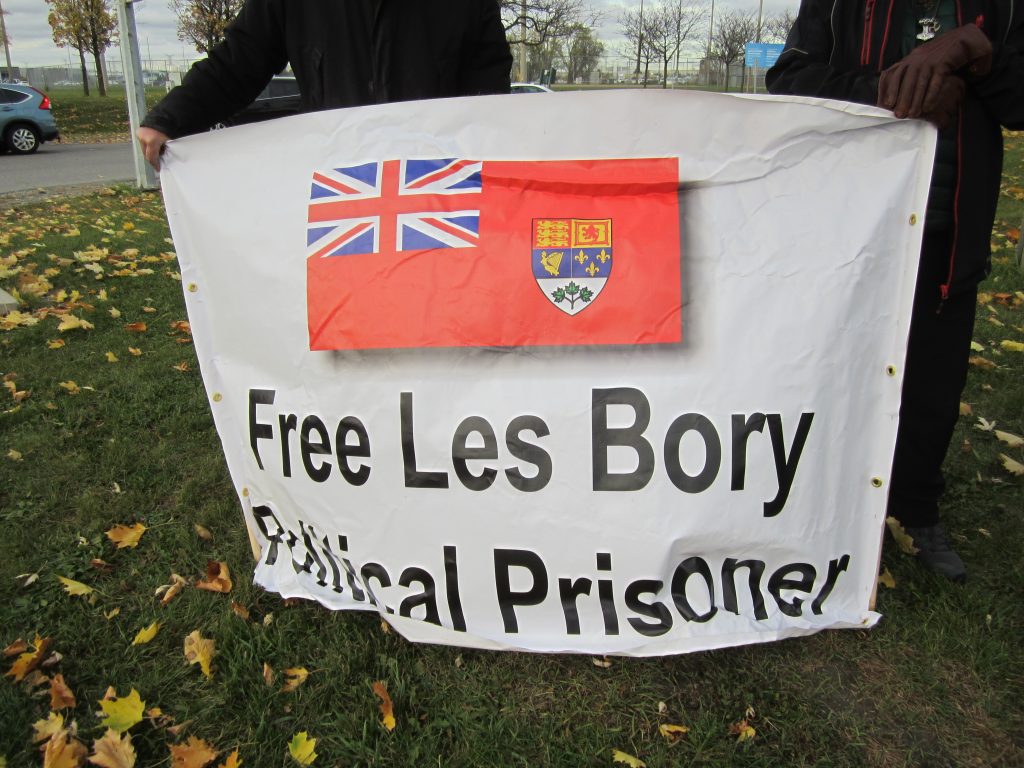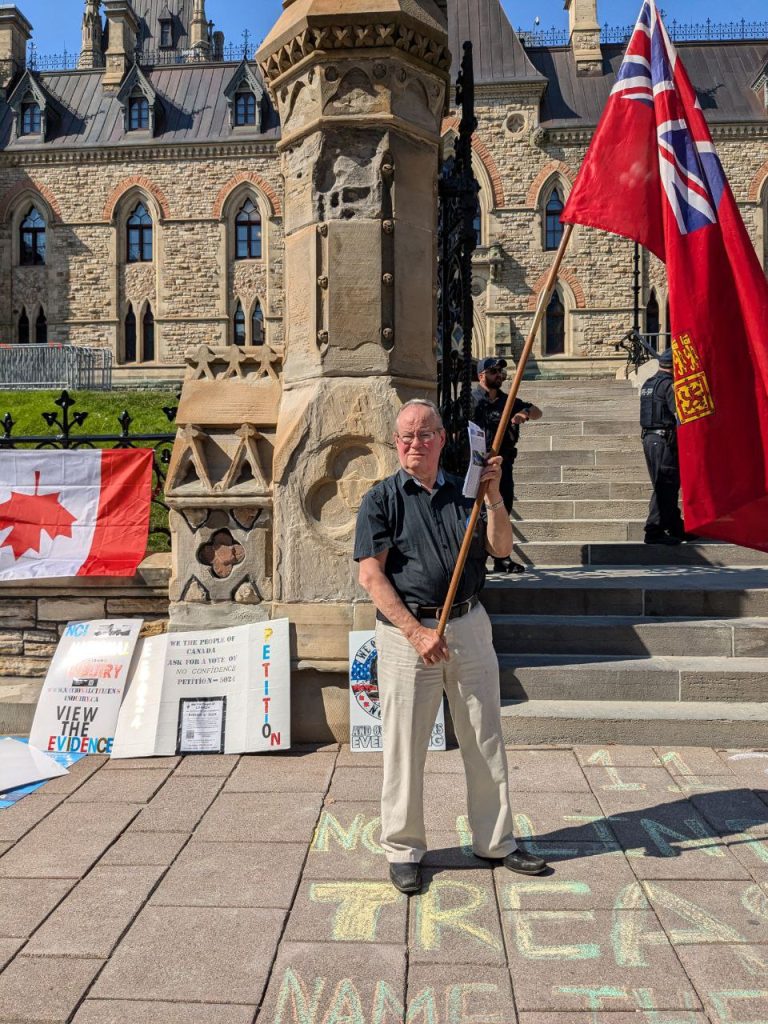NP View: The age of Trudeau’s censorship schemes is over
The campaign to place the internet under government control died when he prorogued Parliament
Author of the article:
(National Post View Published Jan 11, 2025)
653 Comments

Article content
By proroguing Parliament on Monday, Prime Minister Justin Trudeau snuffed the life out of one of his favourite darlings: Bill C-63, also known as the online harms act.
There’s no excuse for suspending democracy at a time like this, but we should at least celebrate the death of this atrocious bill. Had it (or the two bills the Liberals were to replace it with) passed, the Canadian Human Rights Commission would have been made sheriff of the Canadian internet, empowering it to drag anyone through a lengthy tribunal process making online comments perceived to be hateful. What’s worse, anyone reporting mean comments to this tribunal would be allowed to remain anonymous, which would have allowed the process to be weaponized with ease.
The bill would have also added “hate crime” to the Criminal Code, with a maximum penalty of life in prison — which is little consolation when the line between mean comments and criminal hatred was left dangerously vague. Further, it would have forced social media giants under the boot of a new digital safety bureaucracy, expanding government once more while creating more costs for outside firms operating in Canada.
Its death marks the end of an era in Canada. There will be no more internet-tampering legislation from the Liberals. This. Is. It. Stamp this in your calendar as the time when online freedom began its comeback.
Most of this story hasn’t been a positive one. During its mid-life crisis years, the government grasped what authority it could over online media. And — to the horror of Canadians — it gained a considerable amount of ground.
After a long campaign that started in 2020, a beachhead for online interference was established with the 2023 passing of Bill C-11, the Online Streaming Act, which placed digital streamers under the ambit of the Canadian Radio-television and Telecommunications Commission (CRTC).
The act gave the CRTC the government’s blessing to impose Canadian content requirements on streaming giants, as well as some form of diversity requirements — similar to the ones imposed upon the CBC not too long ago. It also permitted the CRTC to take a cut of their Canadian revenues.
Despite the many objections they faced, the Liberals fast-tracked the bill through Parliament.
Now, not only is the government preparing to tell streaming companies what to produce and how to spend their budgets, it’s also making these services more expensive. (The fate of the CRTC’s house rake is currently in legal limbo as the streamers are currently challenging them in the courts, but some subscription prices have already been raised to account for these costs).
The Liberals wanted more control. They put millions of dollars into the dystopically named Changing Narratives Fund, to ensure that more media featuring favoured groups would be available to Canadian viewers. Even more millions were funnelled into a grab-bag of projects that claimed to combat disinformation and hate online.
To finally top it off, the government made its move to become censor-in-chief last February by tabling C-63 — and failed.
The culture is moving on, so it’s unlikely these efforts will be revived anytime soon. Just look at the private sector. The censorship-for-your-own-good schtick got old fast during the COVID pandemic, which saw the reach of social media accounts criticizing lockdowns mysteriously sink, and the banning of many users who had the gall to question a COVID vaccine’s ability to prevent infection. When it turned out lockdowns and vaccine efficacy weren’t as solid as once thought, outrage ensued.
That’s how it went with any contentious issue in those days: unflattering news about President Joe Biden’s son was suppressed; those who didn’t believe in transgender identity could have their accounts frozen or even banned.
By 2022, Elon Musk went as far as buying Twitter, promising an end to the ridiculous censorship — and now, in 2025, Facebook CEO Mark Zuckerberg is following in his steps. The consensus in Silicon Valley is shifting against telling people what to think, and it’s about time. The United States government isn’t likely to interfere, either — though the Biden administration eagerly had state agents commandeer the back end of social media giants, president-elect Trump is more interested in reducing the number of state agents.
Canada isn’t far behind.
The future of the internet is one of comments, both mean and nice. It will require adults to be the masters of their online experiences, without the bubble wrap of government and social media authorities, but that’s a burden we’re willing to shoulder. We don’t need more government messing around with our feeds, getting human rights tribunals to decide which comments go too far. We need them to buzz off entirely.
At last, the Liberal government is now in palliative care, closely following C-63 to the grave. With any hope, a new government will torch C-11 and the ant colony of online-harms grants geared at inventing problems where there are none.
The zeitgeist is long past Trudeau Liberal-style suppression. Silencing one’s opponents by crying hate just isn’t going to work anymore. It’s over, censorship advocates. The age of free expression is here.
National Post
Follow us






